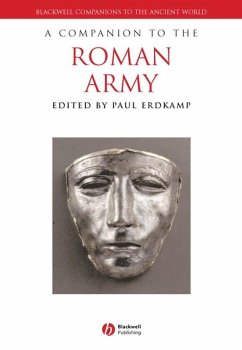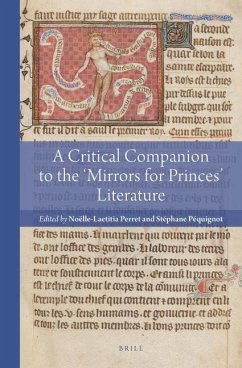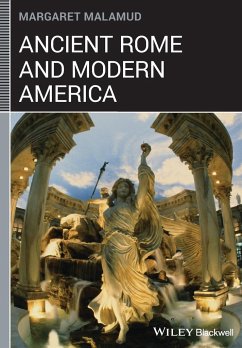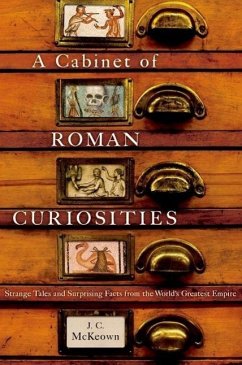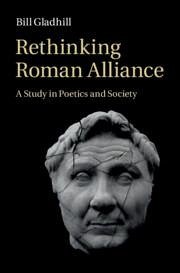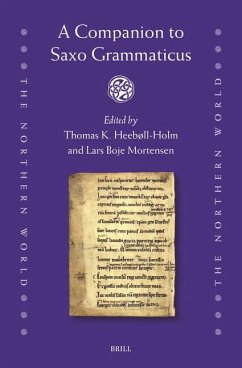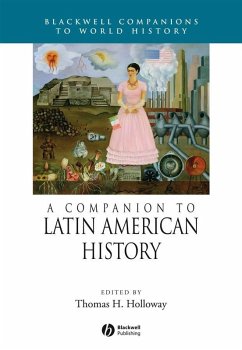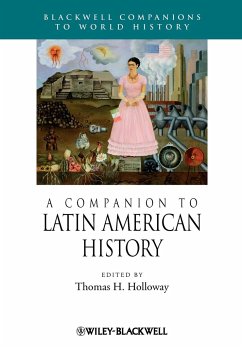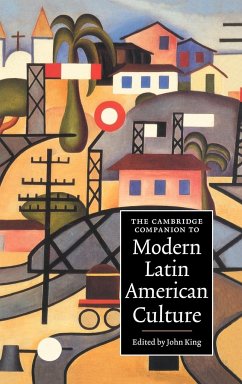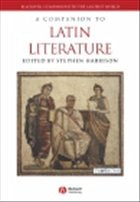
A Companion to Latin Literature

PAYBACK Punkte
97 °P sammeln!
A Companion to Latin Literature gives an authoritative account of Latin literature from its beginnings in the third century BC through to the end of the second century AD. The volume provides the reader with a comprehensive reference for Latin literature. It includes a narrative history, an overview of all major genres, and coverage of key themes - all written by experts in their fields. As an invaluable resource for the student, the book also includes dictionary entries on Latin authors, a chronological chart of political and literary history, and a large annotated bibliography. The volume th...
A Companion to Latin Literature gives an authoritative account of Latin literature from its beginnings in the third century BC through to the end of the second century AD. The volume provides the reader with a comprehensive reference for Latin literature. It includes a narrative history, an overview of all major genres, and coverage of key themes - all written by experts in their fields. As an invaluable resource for the student, the book also includes dictionary entries on Latin authors, a chronological chart of political and literary history, and a large annotated bibliography. The volume thus combines the virtues of a discursive literary history and a general reference book.



